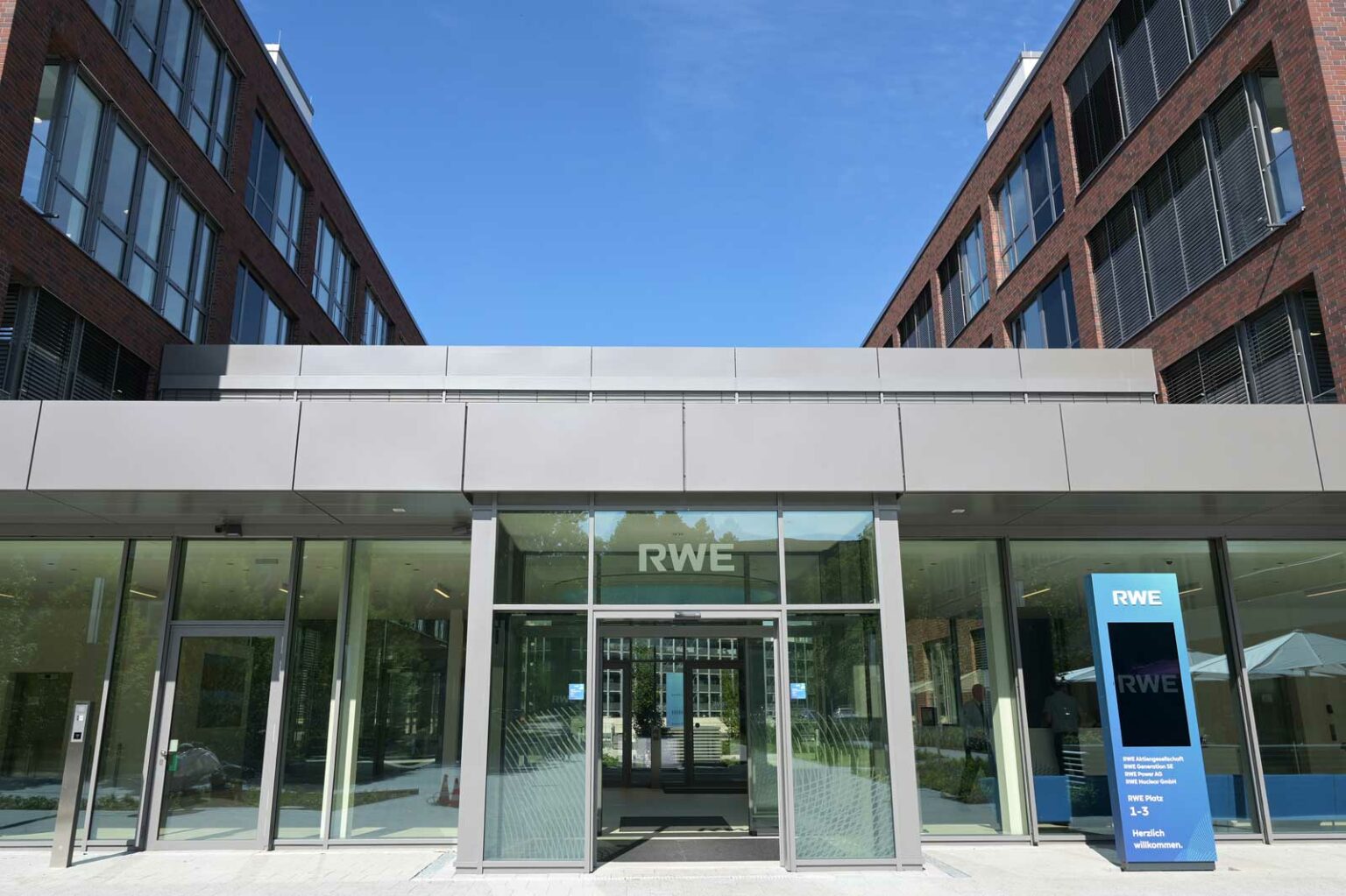RWE has launched a 220 MW battery capacity in western Germany, marking a pivotal advancement for renewable infrastructure. As renewable energy sources steadily increase their share in the energy mix, the need for reliable and efficient storage solutions becomes indispensable. This development by RWE reflects the critical role of energy storage in enhancing grid stability and optimizing renewable generation.
The installation, comprising multiple battery sites, is strategically positioned to address the intermittent nature of renewable energy sources like wind and solar. Germany, a leader in renewable energy adoption, generated approximately 45% of its electricity from renewable sources in 2020. However, the variability of these sources presents substantial challenges for energy management and grid reliability. The new 220 MW battery capacity aims to mitigate these issues by providing on-demand power and grid ancillary services.
Energy storage technology, particularly battery solutions, is rapidly evolving, driven by advances in lithium-ion technology and decreasing costs. Bloomberg New Energy Finance reports that lithium-ion battery prices have dropped nearly 89% since 2010, making large-scale deployments more economically viable. RWE’s strategic investment leverages these technological and economic trends, signifying a critical evolution in energy management strategies within the renewable energy sector.
Despite these technological advances, several experts highlight ongoing challenges in scaling battery storage systems. Key issues include lifecycle management, recycling of battery materials, and the sustainable extraction of resources such as lithium and cobalt. These critical constraints necessitate a dual approach that combines technological innovation with comprehensive resource management strategies to ensure long-term feasibility and minimal environmental impact.
In light of these challenges, policymakers and industry leaders are calling for robust frameworks that support both technological advancements and sustainable practices. Enhanced regulatory standards and industry guidelines could foster innovation while ensuring environmental stewardship.
RWE’s latest project provides an illustrative example of adopting cutting-edge energy storage technologies to bolster renewable energy integration. As the sector continues to evolve, investment in R&D and strategic policymaking remains essential for scaling sustainable and resilient energy systems. This development not only signals progress in energy storage but also emphasizes the need for a harmonized approach in overcoming existing and emerging challenges.





